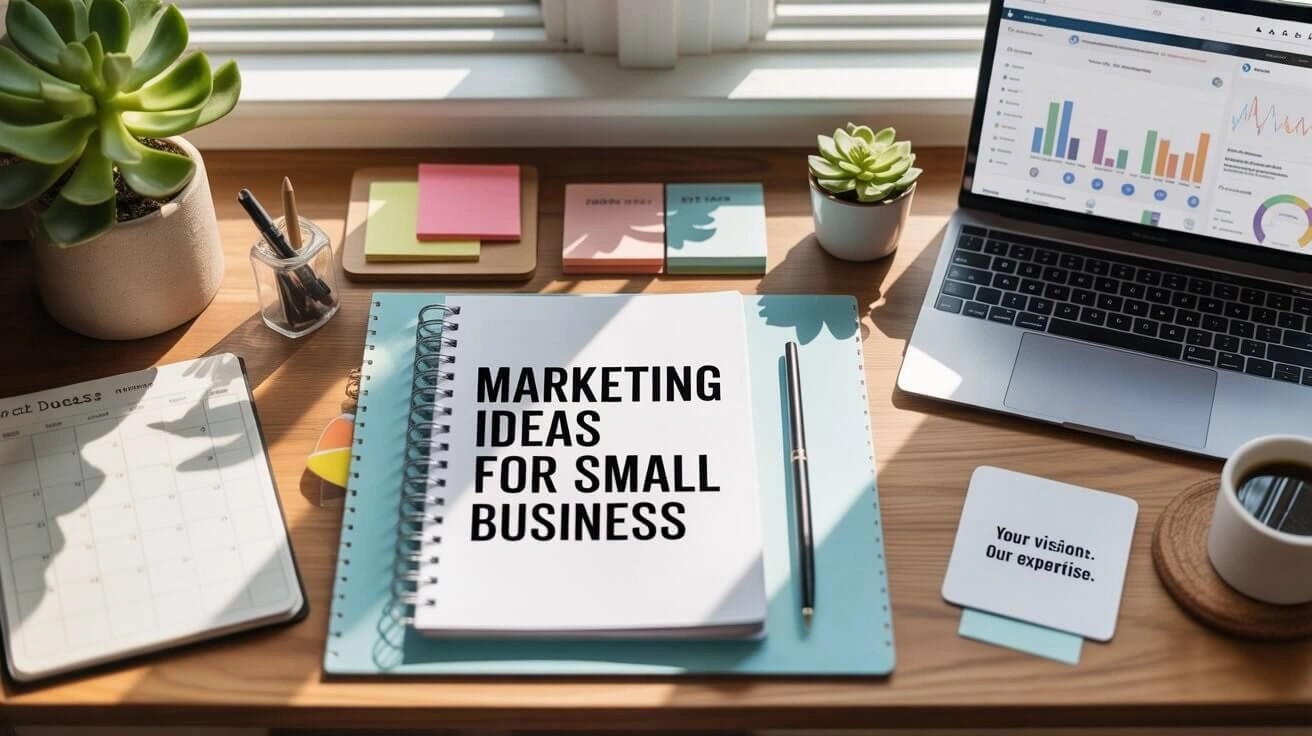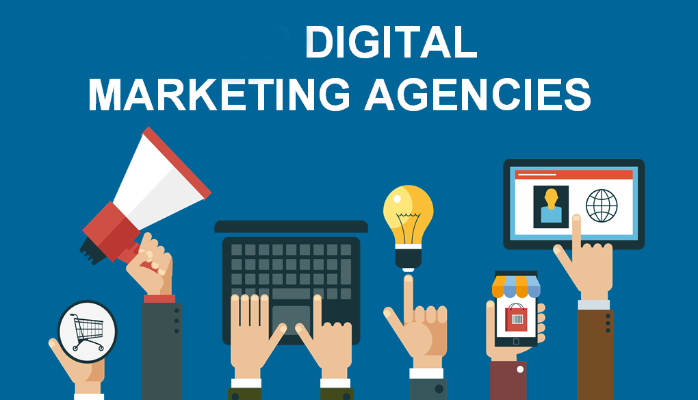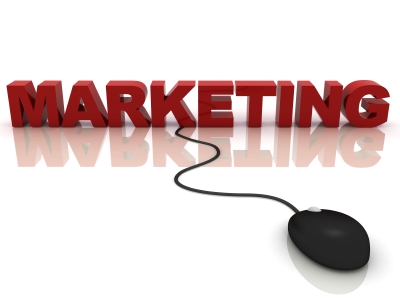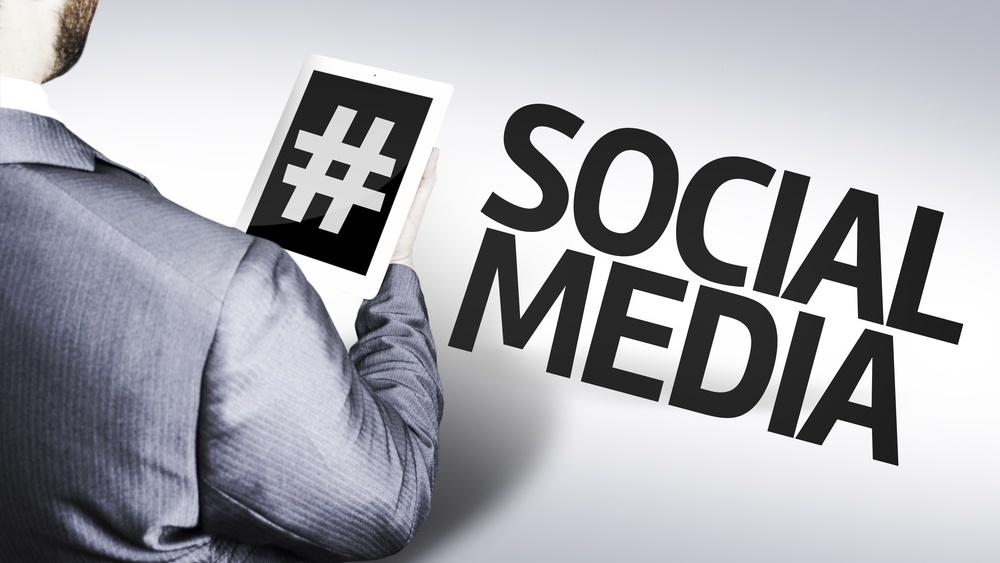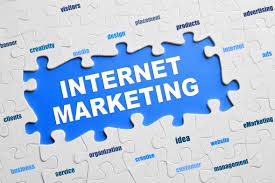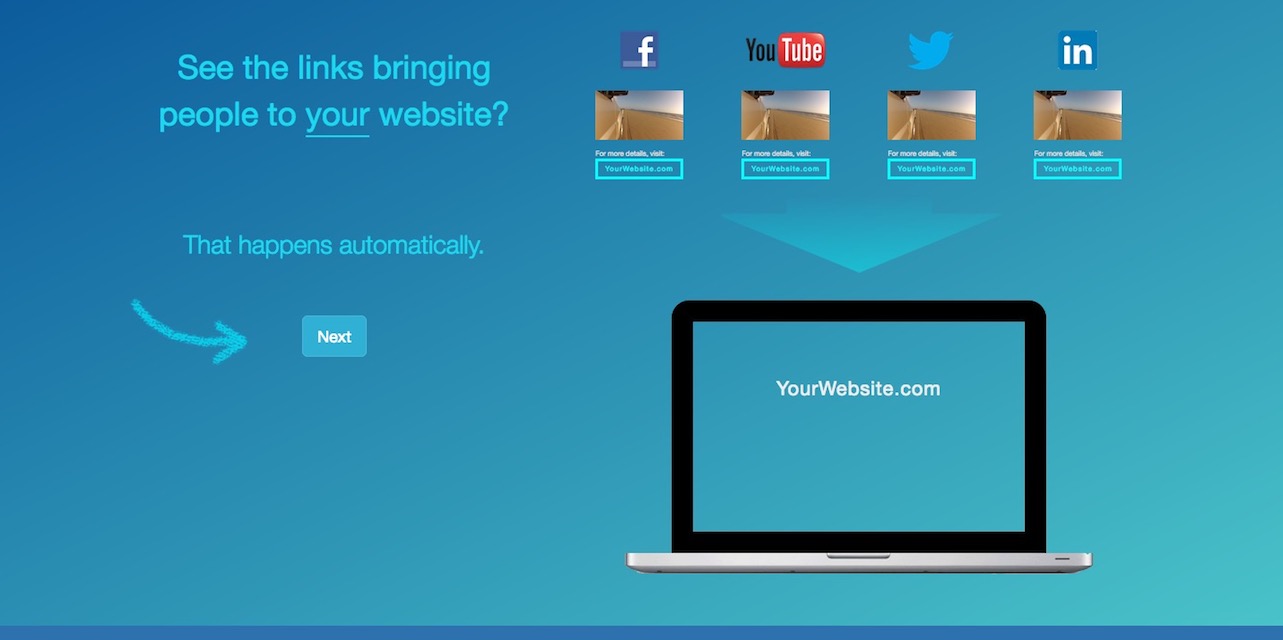Small business marketing is the process of promoting your products or services to a specific target audience using strategies that are often budget-conscious, community-driven, and highly personalized. By focusing on creative and cost-effective marketing ideas for small business, owners can attract the right customers, build trust, and grow their brand without needing a large marketing budget.
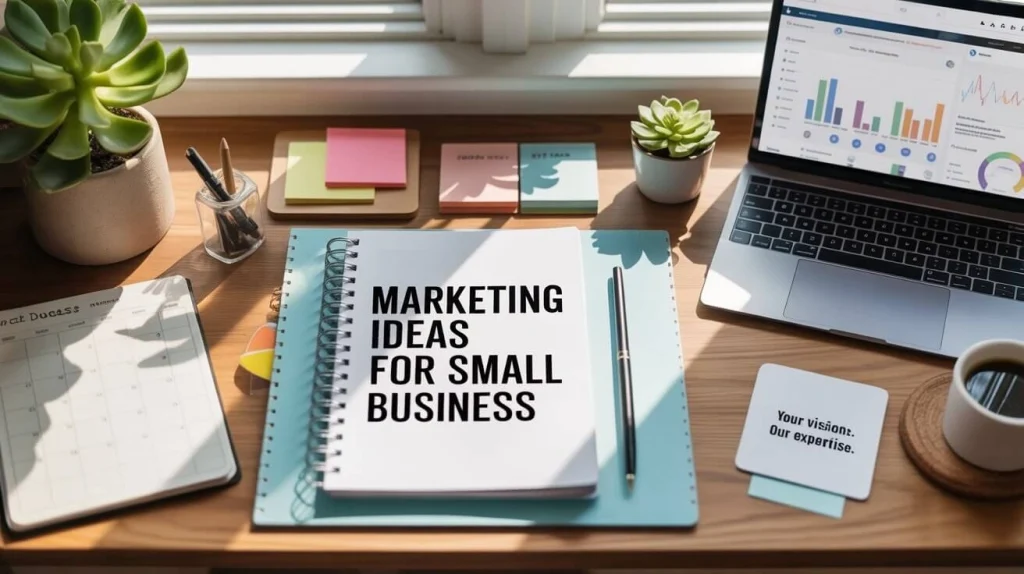
Content
16 Marketing Ideas for Small Business
These ideas are designed to deliver big impact—without big costs.
1. Know Exactly Who You’re Talking To
Understanding your target audience is the foundation of everything. Without this, you’re shooting in the dark.
Create a simple customer profile:
- Who are they? (Age, gender, location)
- What are their biggest pain points?
- Where do they hang out online?
Example: A fitness coach targets busy moms aged 30–45 who prefer at-home workouts.
2. Create a Unique Value Proposition
Your unique value proposition is your elevator pitch. It should clearly explain what you do and why it matters—fast.
Ask:
- What do you offer that competitors don’t?
- How do you make life easier for your customer?
Clarity wins. Don’t try to sound fancy—just be real.
3. Build a Strong Brand Identity
Consistent branding builds recognition and trust. Make sure your visuals, tone, and messaging match across all platforms.
Checklist:
- Logo and brand colors
- Fonts and photo style
- Tone of voice (e.g. upbeat, serious, funny)
4. Choose One Marketing Platform to Dominate
Start small. Don’t spread yourself thin across five platforms.
Choose one based on your audience:
- Visual products → Instagram or Pinterest
- B2B services → LinkedIn
- Younger audiences → TikTok or YouTube
Master one, then expand.
5. Launch a Referral Program
Referrals are free and powerful.
Offer something simple:
- $10 credit for each referral
- A discount for both referrer and friend
- A surprise gift after 3 successful referrals
People trust recommendations more than ads.
6. Build and Nurture an Email List
Email gives you direct access to your audience—no algorithms, no middlemen.
Send value-packed content:
- Quick tips or how-tos
- Limited-time offers
- Behind-the-scenes updates
Tools: ConvertKit, Mailchimp, MailerLite
7. Optimize for Local SEO
If you’re a physical or service-based business, local SEO is key.
Steps:
- Set up and verify your Google Business Profile
- Add your business to local directories
- Encourage reviews from happy customers
Respond to reviews to show you’re active and engaged.
8. Partner with Other Businesses
Find a business that shares your audience but isn’t a competitor.
Examples:
- A wedding photographer partners with a florist
- A pet groomer teams up with a local dog bakery
Run joint giveaways or feature each other in email newsletters.
9. Offer Limited-Time Promotions
Urgency encourages action.
Ideas:
- Flash sale
- “First 50 customers only” discount
- Seasonal bundle
Add countdown timers to emails or landing pages.
10. Create a Customer Loyalty Program
Keep customers coming back with simple incentives:
- Points per purchase
- Freebie on the 5th order
- VIP early access to new products
Loyal customers are easier (and cheaper) to retain than acquiring new ones.
11. Use Content Marketing to Educate
Start a blog, YouTube channel, or even a TikTok series. Teach your audience something valuable.
Examples:
- A mechanic shares “3 signs your brakes need replacing”
- A candle brand shows how to reuse empty jars creatively
Think helpful > salesy.
12. Showcase Customer Testimonials and Reviews
Social proof builds instant trust.
Use:
- Written testimonials on product pages
- Video testimonials on social media
- Screenshots of happy emails or DMs
Bonus: Ask permission to repost user-generated content.
13. Attend or Host Local Events
In-person marketing still works—especially for local businesses.
Ideas:
- Sponsor a community sports team
- Host a free workshop or open house
- Attend farmers markets or pop-ups
Human connection creates brand loyalty.
14. Use Influencer or Micro-Influencer Partnerships
Even a small influencer can make a big difference if they have trust.
Tips:
- Look for influencers with high engagement
- Send free products in exchange for content
- Collaborate on a giveaway or tutorial
Micro-influencers often have more loyal, local audiences.
15. Add a Chatbot or Live Chat Feature
Instant responses = better conversions.
Tools like Tidio or Chatra allow you to answer customer questions while they’re actively browsing.
Helpful, human-style responses increase trust and reduce bounce rates.
16. Repurpose Your Best Content
Maximize your time and reach.
Take one piece of content and reuse it:
- Turn a blog post into a LinkedIn carousel
- Turn FAQs into Instagram Stories
- Turn testimonials into video reels
Smart repurposing expands your reach with less effort.
Final Thoughts about Marketing Ideas for Small Business
You don’t need to do all 16 things at once. Start with 2–3 of the most doable marketing ideas for small business based on your audience and time. Then build from there.
Marketing is not about being everywhere. It’s about being consistent, being helpful, and showing up where it matters most.
Frequently Asked Questions
What are the best marketing ideas for small businesses?
Some of the best marketing ideas include email marketing, local SEO, customer referrals, loyalty programs, and social media partnerships.
How can I market my small business on a low budget?
Use free tools like social media, Google Business Profile, and email newsletters. Focus on content marketing and collaborations with other businesses.

Ryan Myers is a business blog author and writer. He graduated from the University of California, Berkeley in 2009 with a degree in Political Science. His favorite topics to write about are blogging for small businesses and becoming an entrepreneur.

